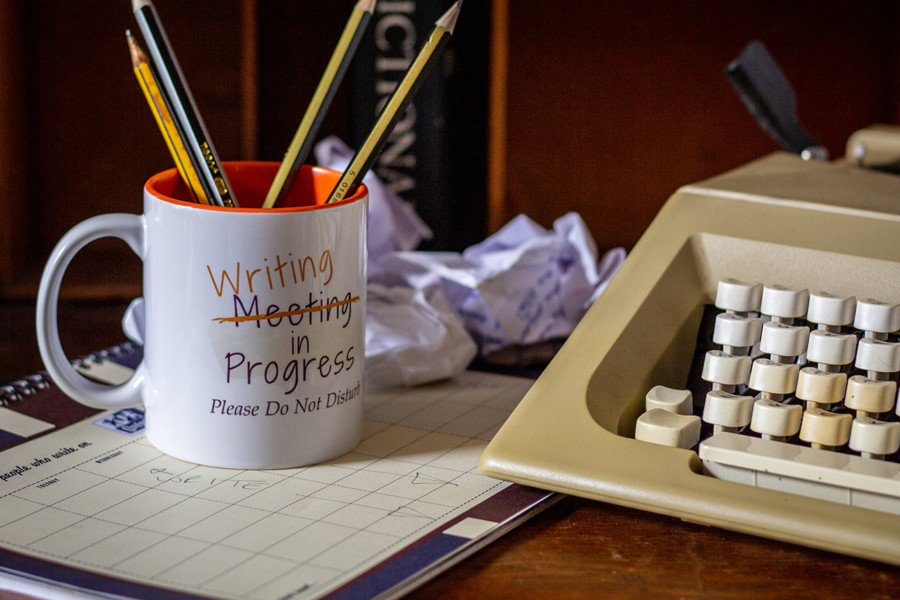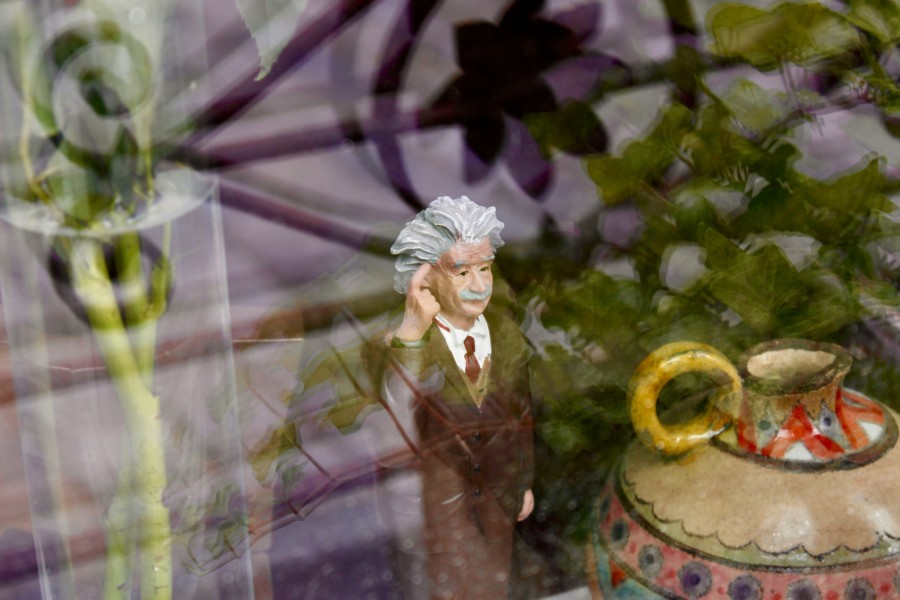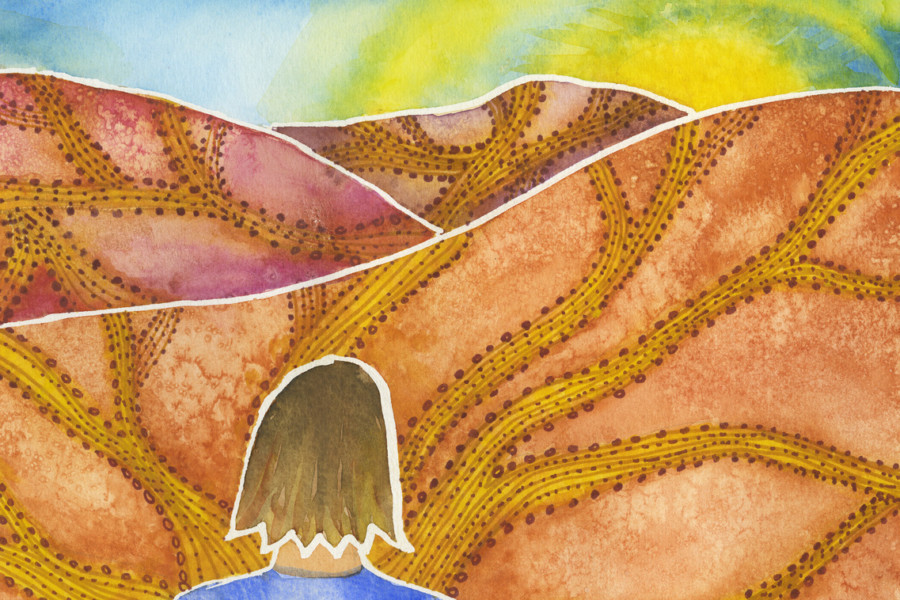If you are in the humanities or some social science disciplines, co-authorship is much less common and may even be frowned upon. Some humanities researchers have been heard to doubt the existence of co-authorship, “Two people cannot hold the pen.”*
If you are in this kind of discipline, writing with others can feel odd. And it raises some interesting issues about how it will be evaluated.
Why co-author? … get more written … share expertise … mentor students
How will peers view it? … separating you from your co-authors … getting collaborative grants
Read More »













